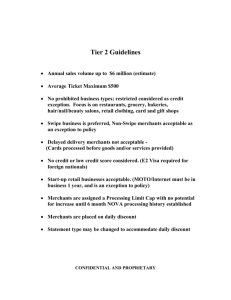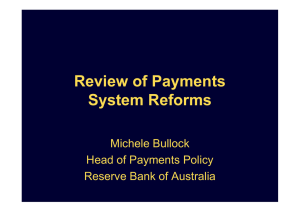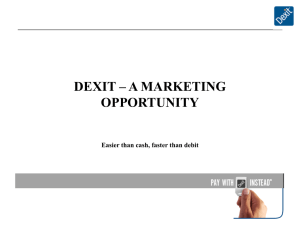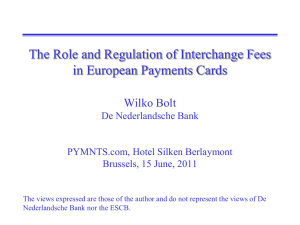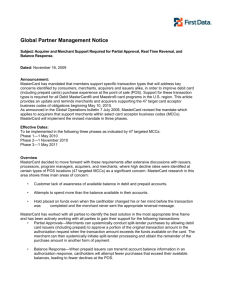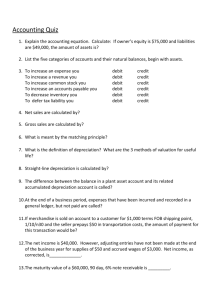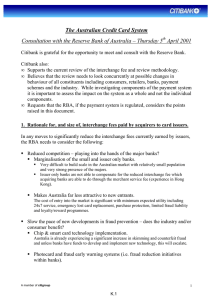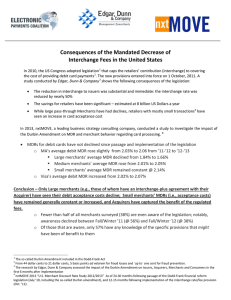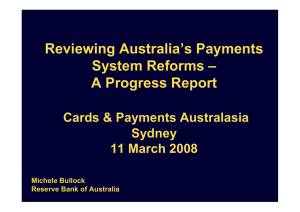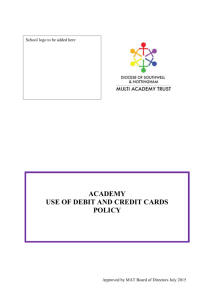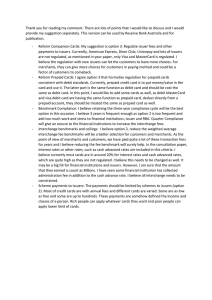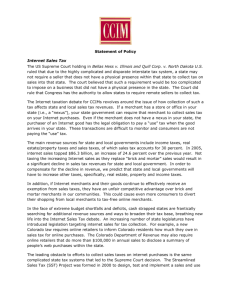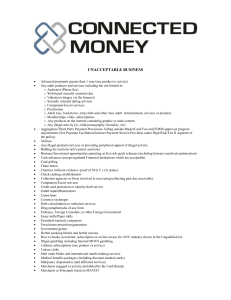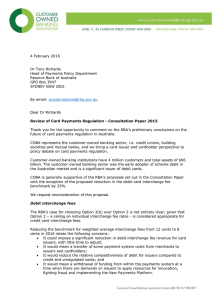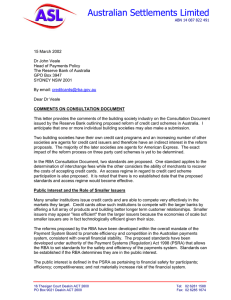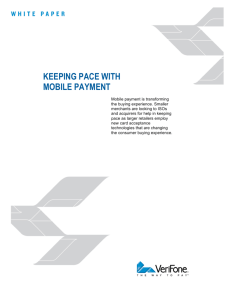the gimlet eye - Digital Transactions
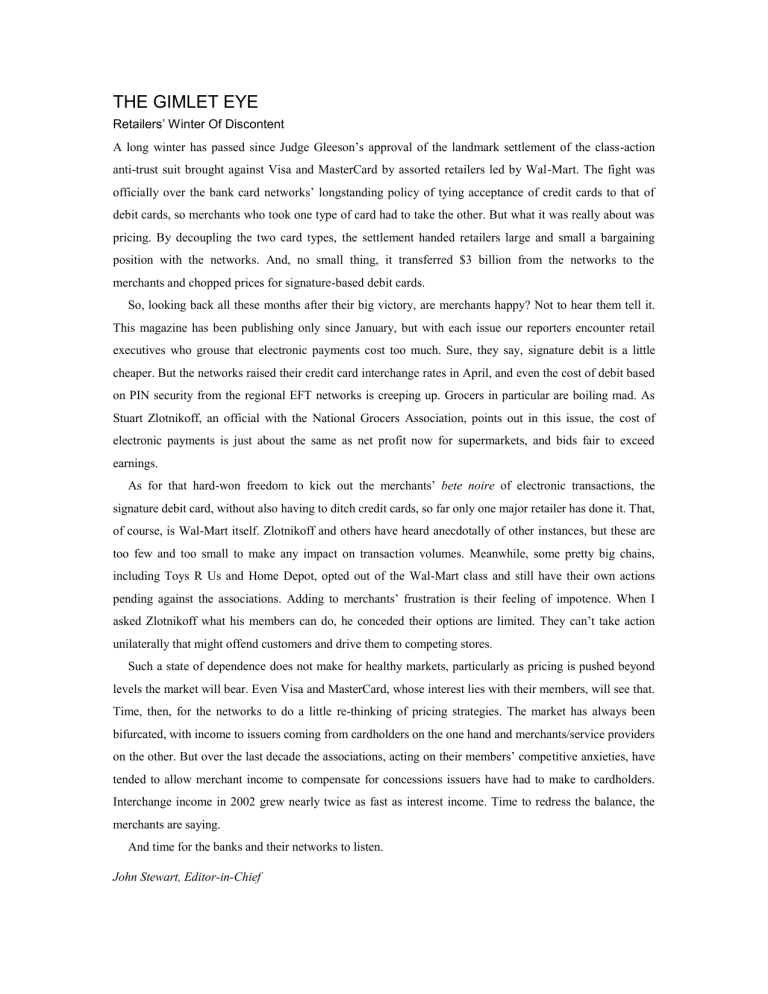
THE GIMLET EYE
Retailers’ Winter Of Discontent
A long winter has passed since Judge Gleeson’s approval of the landmark settlement of the class-action anti-trust suit brought against Visa and MasterCard by assorted retailers led by Wal-Mart. The fight was officially over the bank card networks’ longstanding policy of tying acceptance of credit cards to that of debit cards, so merchants who took one type of card had to take the other. But what it was really about was pricing. By decoupling the two card types, the settlement handed retailers large and small a bargaining position with the networks. And, no small thing, it transferred $3 billion from the networks to the merchants and chopped prices for signature-based debit cards.
So, looking back all these months after their big victory, are merchants happy? Not to hear them tell it.
This magazine has been publishing only since January, but with each issue our reporters encounter retail executives who grouse that electronic payments cost too much. Sure, they say, signature debit is a little cheaper. But the networks raised their credit card interchange rates in April, and even the cost of debit based on PIN security from the regional EFT networks is creeping up. Grocers in particular are boiling mad. As
Stuart Zlotnikoff, an official with the National Grocers Association, points out in this issue, the cost of electronic payments is just about the same as net profit now for supermarkets, and bids fair to exceed earnings.
As for that hard-won freedom to kick out the merchants’ bete noire of electronic transactions, the signature debit card, without also having to ditch credit cards, so far only one major retailer has done it. That, of course, is Wal-Mart itself. Zlotnikoff and others have heard anecdotally of other instances, but these are too few and too small to make any impact on transaction volumes. Meanwhile, some pretty big chains, including Toys R Us and Home Depot, opted out of the Wal-Mart class and still have their own actions pending against the associations. Adding to merchants’ frustration is their feeling of impotence. When I asked Zlotnikoff what his members can do, he conceded their options are limited. They can’t take action unilaterally that might offend customers and drive them to competing stores.
Such a state of dependence does not make for healthy markets, particularly as pricing is pushed beyond levels the market will bear. Even Visa and MasterCard, whose interest lies with their members, will see that.
Time, then, for the networks to do a little re-thinking of pricing strategies. The market has always been bifurcated, with income to issuers coming from cardholders on the one hand and merchants/service providers on the other. But over the last decade the associations, acting on their members’ competitive anxieties, have tended to allow merchant income to compensate for concessions issuers have had to make to cardholders.
Interchange income in 2002 grew nearly twice as fast as interest income. Time to redress the balance, the merchants are saying.
And time for the banks and their networks to listen.
John Stewart, Editor-in-Chief
john@digitaltransactions.net
